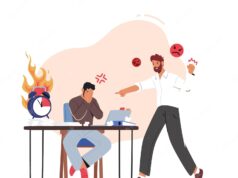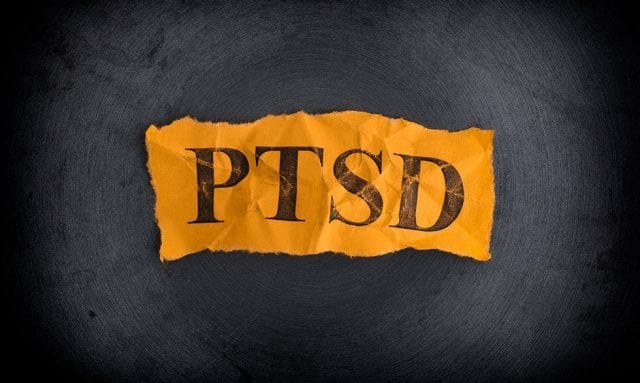
When you hear the term “post-traumatic stress disorder”, or PTSD, what comes to mind? Chances are it’s a shell-shocked military veteran, who startles at sudden noises, can’t seem to ever let his guard down, and struggles with nightmares of war-flashbacks.
Unfortunately, there is certainly no shortage of vets suffering from PTSD, but the condition isn’t exclusive to this stereotype commonly associated with former soldiers.
PTSD is often seen in victims of abuse, anyone who has been involved in a terrorist attack, witnesses to crimes, and survivors of vehicular accidents. Anyone who has experienced traumatic or devastating events are at risk for being diagnosed with PTSD.
Understanding PTSD, its symptoms, and its treatments can go a long way toward ameliorating its effects. If you’ve been in a car or truck accident and suspect that it has had a severe impact on your emotional well-being, read on to learn how you can help yourself recover.
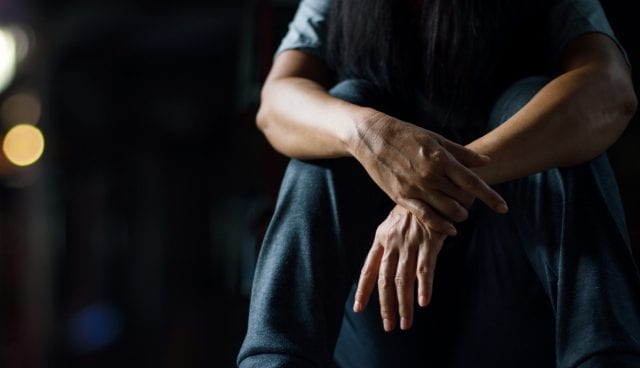
What Factors Influence the Development of PTSD After an Accident?
It might surprise you to learn that neither the severity of a car crash or the extent of the injuries the accident has caused are reliable predictors of PTSD. Instead, it has more to do with an individual’s perception of the accident. If you perceived or believed that your life was in severe or fatal danger, regardless of whether or not this is true, you are more likely to develop post-traumatic stress disorder.
For example, according to The Barnes Firm, a car accident injury law firm in San Diego, a severe vehicle accident can make it difficult for someone to resume their daily lives normally or get in a car again at all after a traumatic experience.
Looking back and imagining how very horrific an accident was or could have been often having a huge impact on an accident victim’s state of mind, regardless if this memory accurately represents the severity of the accident or how it transpired.
Similarly, your response to the accident in the days and weeks afterward can also be correlated with PTSD symptoms. Other factors that are associated with the development of PTSD include:
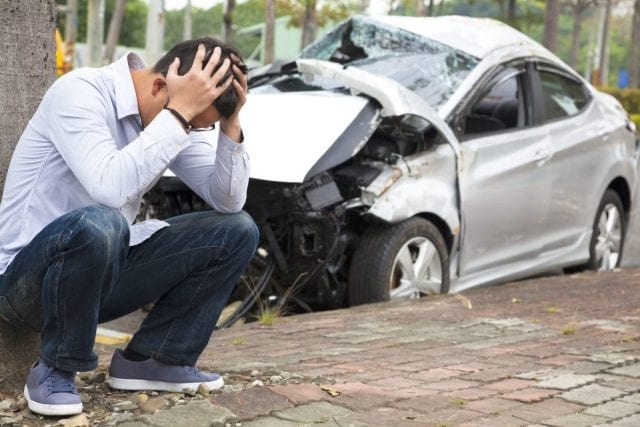
- avoidance behaviors, such as a reluctance to get behind the wheel again or even ride in a car as a passenger;
- rumination about the event; suppressing your thoughts and feelings about the accident;
- a family history of psychiatric issues or a personal diagnosis of mental illness such as depression or anxiety.
Some Signs to Watch Out For
Share this article with your spouse, a close friend, or family members so that they are aware and informed of how a person behaves when they are exhibiting the signs of PTSD. In the case of self-diagnosis, it is usually difficult for the individual to recognize these symptoms him- or herself.
- A strong reaction to any reminders of the accident, such as increased anxiety or a pounding heart when you hear screeching brakes or car horns honking
- Reluctance to drive or ride in a car; avoiding any activity that requires you to travel by car. Similarly, you may be less comfortable on the highway and stick to back roads, or you may instinctively avoid the area of your accident altogether
- Driving more cautiously, seeming jumpier than usual while driving, or being hypervigilant about potential threats, such as other cars speeding or driving erratically
- Difficulty falling and staying asleep, or an increase in nightmares
- Irritability or irrational anger
- Difficulty concentrating or following through on ordinary tasks
- Distancing yourself from others or lack of interest in once-enjoyable hobbies or activities
- Intrusive thoughts and memories that interfere with your day-to-day functioning
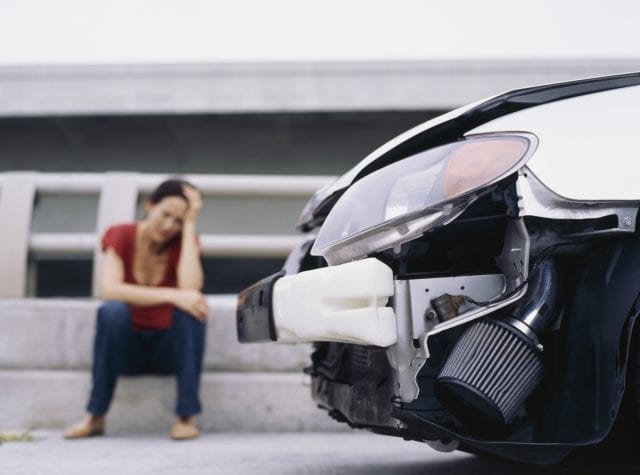
It’s important to realize that experiencing one or more of these symptoms doesn’t necessarily mean you have PTSD. In fact, these are all normal physiological and cognitive reactions to trauma. It is only when the symptoms are severe, ongoing, and debilitating that they approach the diagnosis of PTSD. And remember, too, that this condition by definition cannot be diagnosed until at least 30 days after the triggering event.
How to Cope with PTSD and Get Back to Enjoying Life Again
Many people turn to unhealthy coping mechanisms to deal with their post-traumatic stress disorder. These can include drinking to excess or drinking more frequently, using medications to tamp down their emotions, or losing themselves in other dangerous behaviors such as problem gambling, indiscriminate, unprotected sexual encounters, compulsive shopping, or overeating.
If you find yourself pulling out such crutches to get through the weeks and months following an accident, seek professional help. A therapist, particularly one who specializes in PTSD, can help you identify healthy ways to deal with your feelings, as well as an outlet for expressing and understanding them.
Some tactics that can be helpful in the wake of a traumatic experience include:
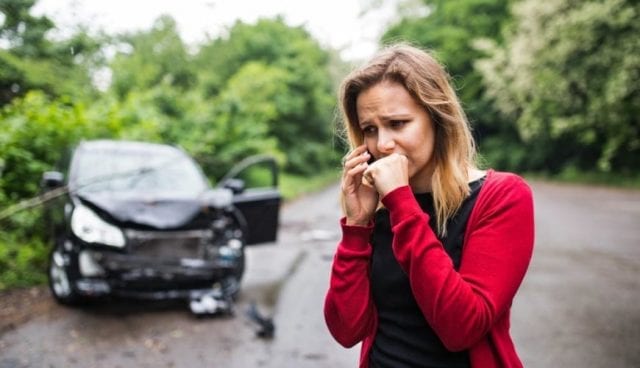
- Relying on the support networks provided by your family and friends. Let them know what you’re going through, and take them up on their offers to listen to and support you
- Express your emotions through creative endeavors such as drawing, writing, or playing music. You don’t have to share your creations with anyone, but art therapy, journaling, or other forms of creativity can be incredibly valuable in working through trauma
- Any activity or self-care ritual that helps you relax. Reading a good book, watching funny videos online, soaking in a bubble bath, coloring in an adult coloring book, knitting, cooking, meditating, or simply spending a few minutes playing with your dog or petting your cat can all be great medicine
- Taking care of your physical health. Get plenty of sleep, eat a balanced diet, and maintain your exercise or fitness regimen (unless an injury prevents this, in which case follow your doctor’s or physical therapist’s advice). All types of exercise can help relieve stress, but during this time, you might find particular benefit from a mind-body workout like yoga or tai chi.
There Is Life After PTSD

No doubt about it: a traumatic car accident can be disruptive and devastating. Even if you were lucky enough to walk away from the accident with only minimal injuries, the emotional impact of this traumatic event can be long-reaching. Watch out for the symptoms, seek support from friends, family, and professionals, and be kind to yourself or loved ones during the recovery period.
If you have ever been diagnosed with PTSD, we’d love to hear from you in the comment section. What helped? What didn’t work? Anything that you wish you’d known at the beginning of your journey?


